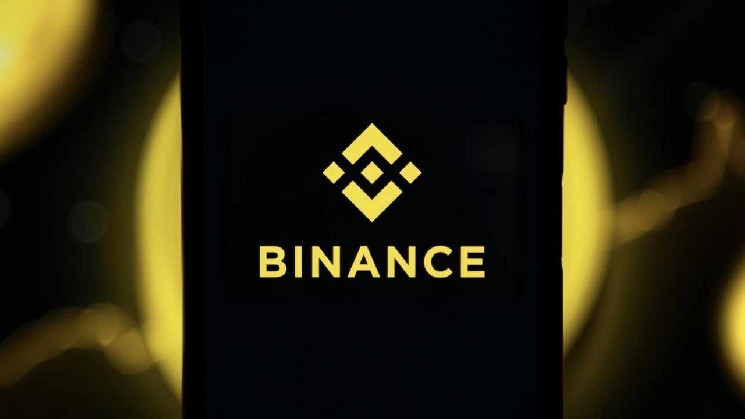Governments worldwide are racing to secure crypto dominance, turning to Binance for strategic guidance on digital reserves and regulatory blueprints as sovereign adoption accelerates.
Nations Seek Binance’s Aid on Crypto Reserves
Binance has begun advising governments on cryptocurrency regulation and national digital asset reserves, according to a report by the Financial Times, published April 17. Richard Teng, who took over as Binance’s chief executive following Changpeng Zhao (CZ)’s resignation, said the company is actively involved in supporting a number of governments with crypto policy development. Noting that the U.S. is “way ahead” of many other jurisdictions, Teng stated:
We have actually received quite a number of approaches by a few governments and sovereign wealth funds on the establishment of their own crypto reserves.
While Teng declined to identify which governments had contacted Binance, he confirmed the company has “been approached by quite a lot” of countries to help them with “formulating their regulatory framework to govern crypto.”
The move comes less than two years after the exchange pleaded guilty to U.S. criminal charges related to money laundering and sanctions violations. The firm remains under U.S. supervision through a five-year compliance monitoring arrangement by the Financial Crimes Enforcement Network.
Shifting U.S. policies under President Donald Trump have influenced Binance’s positioning. Teng shared:
We benefited greatly in the past few months from the policies coming out from the U.S. I think the sentiment has shifted a lot.
Although Trump recently ordered the establishment of a strategic bitcoin reserve, the U.S. clarified it would initially include digital assets forfeited to law enforcement, not new market purchases. Nevertheless, bitcoin advocates view the move as a symbolic endorsement of crypto as a sovereign asset.
Meanwhile, CZ has also been advising governments like Pakistan and Kyrgyzstan on blockchain and digital asset strategies. His expertise supports the creation of regulatory frameworks and promotes innovation in decentralized finance, aiming to boost economic growth, digital transformation, and global competitiveness in emerging markets through blockchain integration.
